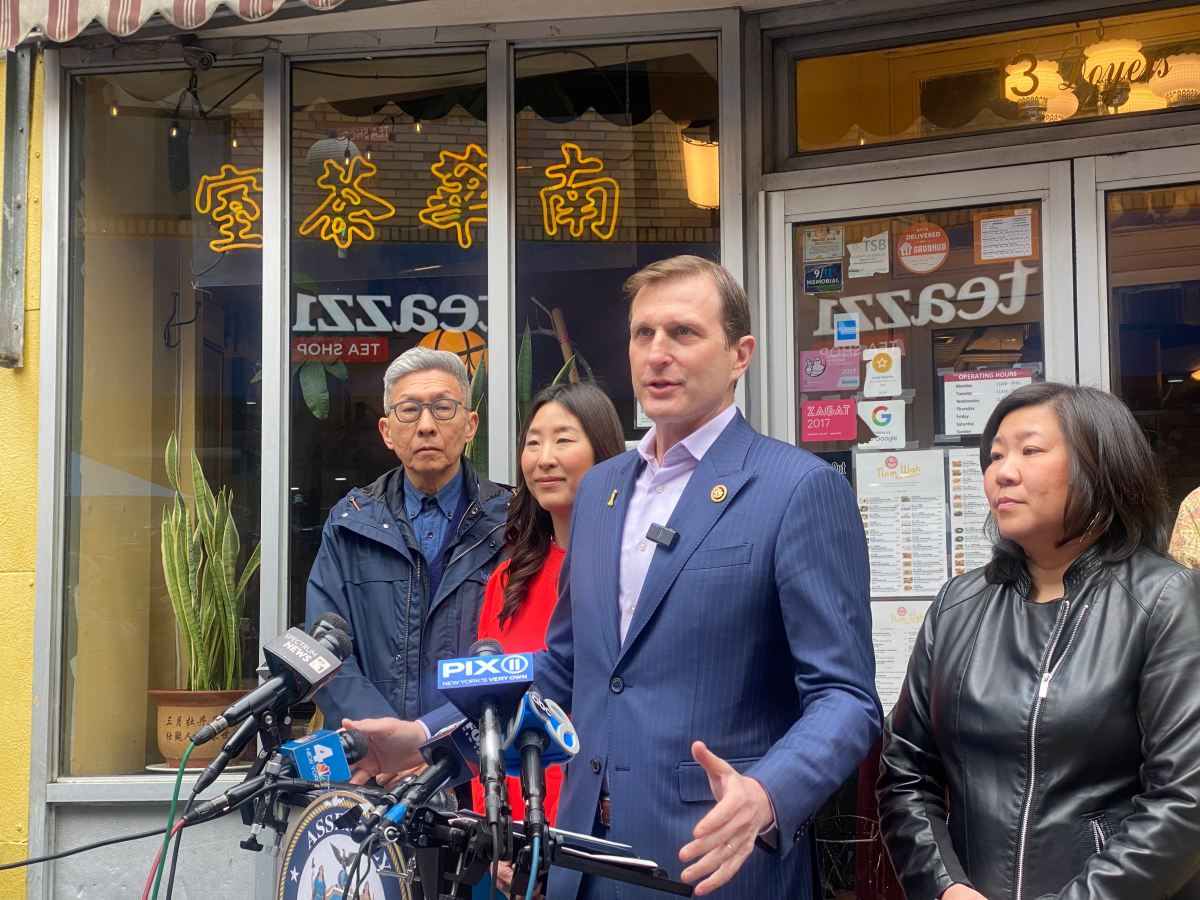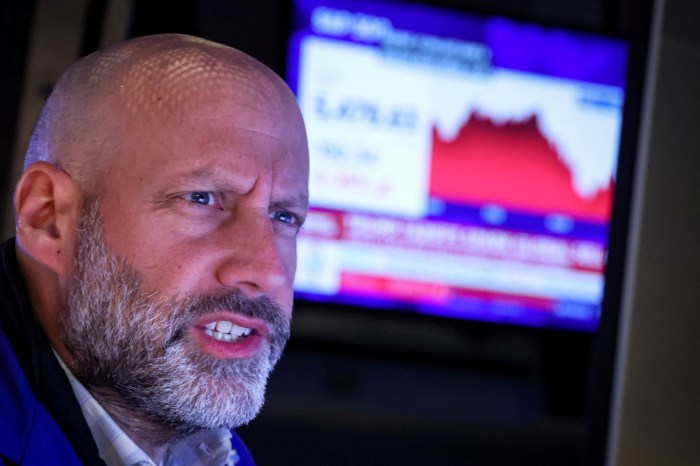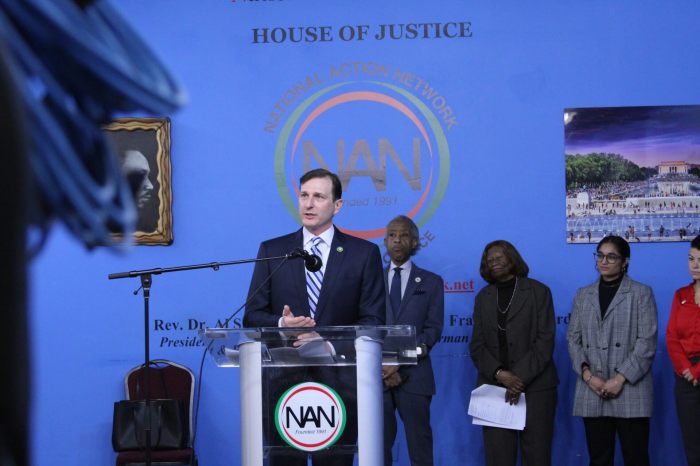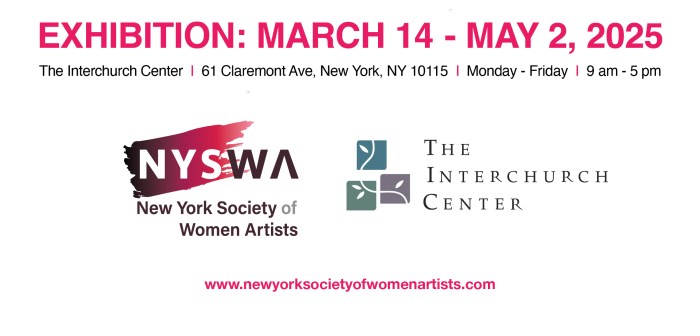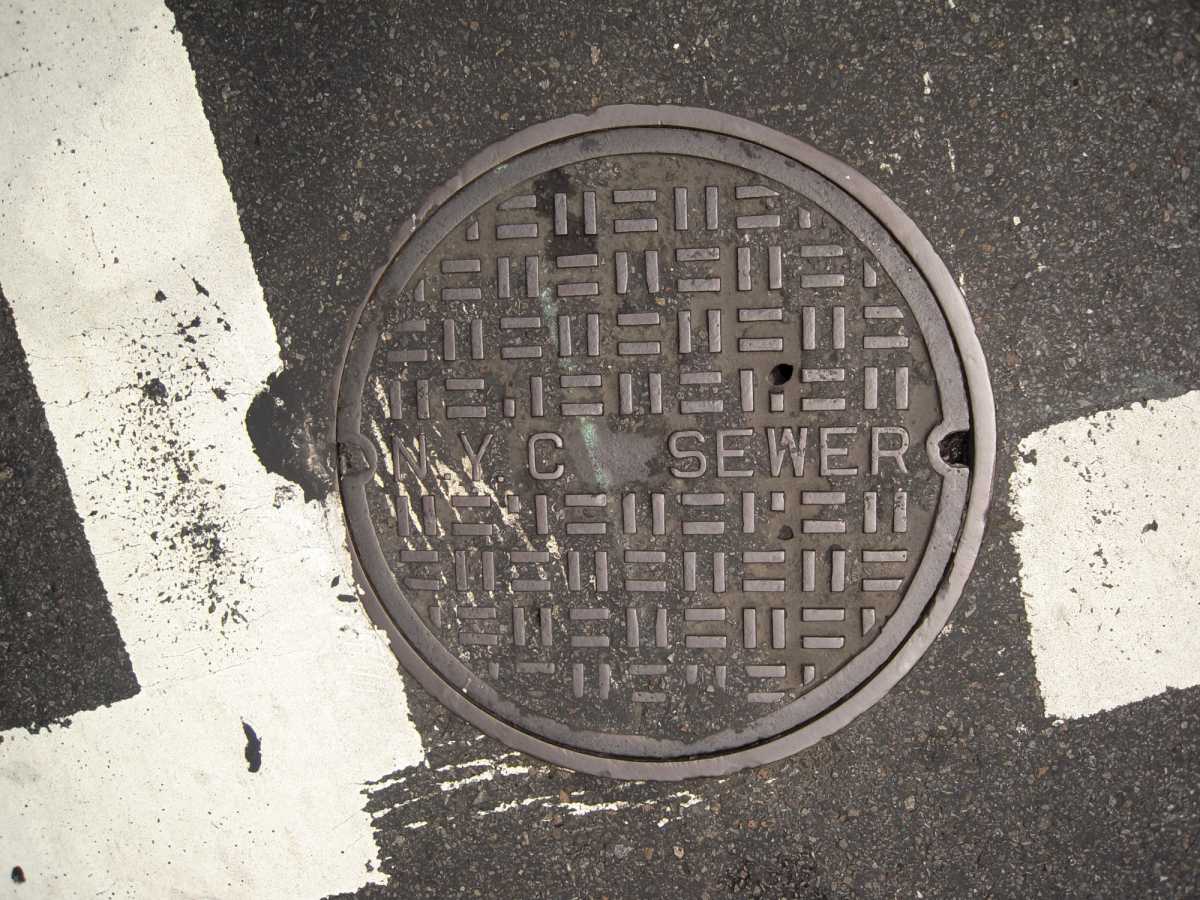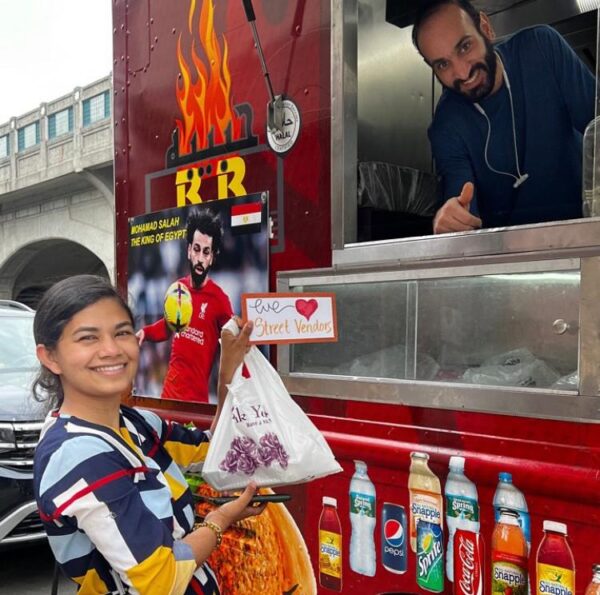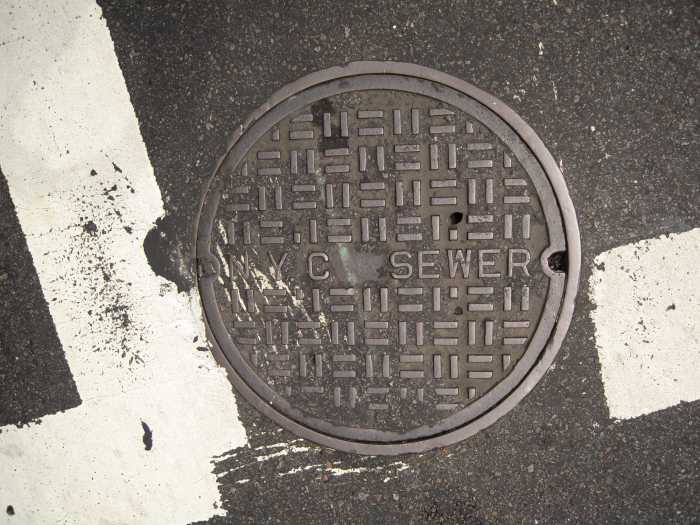In Lower Manhattan’s Chinatown, the reality of the Trump administration’s international trade war is hitting home hard.
Assembly Member Grace Lee (D-Manhattan) said during an April 14 press conference on Doyers Street, in the heart of Chinatown, that everyday goods such as incense, noodles, traditional Chinese medicines, and kitchenware have seen their costs spike, leaving local businesses to bear the brunt as they attempt to shield their customers from the soaring costs.
NYC lawmakers have warned of the devastating impact Trump’s tariffs could have on the city’s economy, but Lee says the staggering 145% import tax on goods from China is already making it harder for Asian American businesses to survive and for working families to afford what they need, calling it “a direct attack on economic opportunity, and cultural preservation in our communities.”
Tariffs are a tax on foreign imports of everyday items that typically get passed onto consumers. Speaking Monday morning, U.S. Rep. Dan Goldman (D-Manhattan/Brooklyn) stressed that small businesses like those in Chinatown cannot afford to raise their prices significantly “because the community cannot afford it.”
“So the tariffs are a tax on small businesses. Some large businesses pass through that tax to the consumers. These small businesses cannot do that, and because they operate on such razor-thin margins, they will bear the brunt of that tax. That’s why they will go out of business,” he said. “A 145% tariff is devastating. It is not survivable for the majority of small businesses here in Chinatown and throughout the Asian community around the country.”
For Karen Lui, whose family has operated Grand Tea Imports on Grand Street for nearly 20 years, the sudden spike in tariffs has threatened their ability to operate, given their heavy reliance on imported goods.
“We’re a lean team, which is my sister, my parents, and me,” Lui said. “We have no lawyers, no customs specialists, no imports department. So when the tariffs suddenly jumped to 145%, we were immediately overwhelmed.”
“We’ve always run on thin margins because we serve a working-class neighborhood,” she added. “We don’t want to raise prices and make it harder for people to celebrate their culture.”
“These tariffs threaten our ability to restock, and for many of our neighboring business owners, their ability to stay open,” Lui continued. “All of this feels confusing, exhausting, and unfair to our community.”
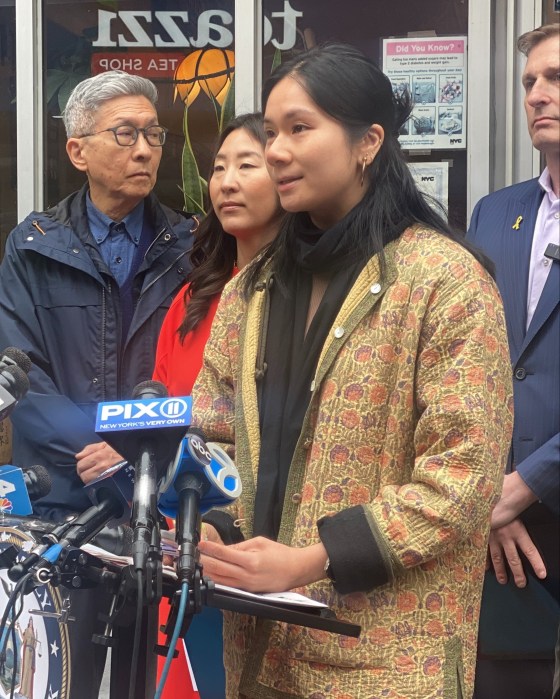
Lui said the lack of guidance and in-language resources has only added to the undue stress of the moment.
“We don’t have quite the ability to fully interpret the impacts and measure out how we can adjust our business,” Lui said. “Almost every business in Chinatown is an import business in some way, and we shouldn’t have to face this alone.”
Across Chinatown, businesses say they’re in a similar position.
“We are just small businessmen in Chinatown, just regular people living in the community,” said Hei Chan, owner of New Kam Man supermarket, speaking through a translator. “Most of us don’t even understand how the tariff is going to affect us, what this percentage means on prices for us.”
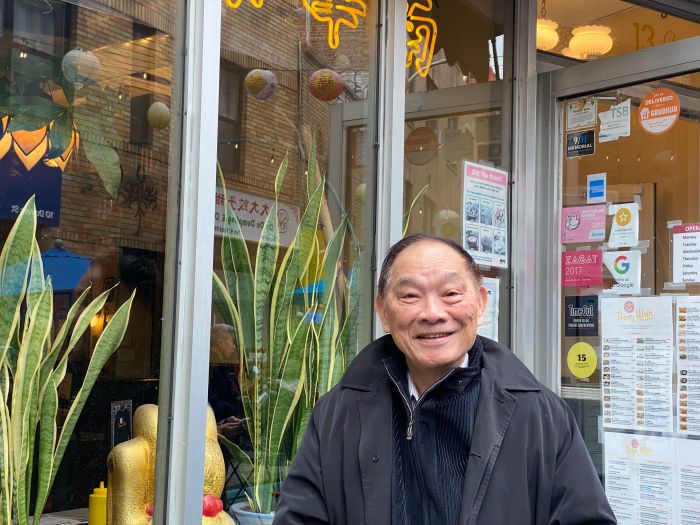
Rep. Grace Meng (D-Queens), chair of the Congressional Asian Pacific American Caucus, emphasized Monday that the tariffs threaten the broader health of Asian American neighborhoods already struggling post-pandemic.
“Asian Americans will feel the pain if small businesses cannot afford to provide jobs or bring investments to our communities,” Meng said. “Working people, families struggling to make ends meet, and seniors living on fixed incomes will undoubtedly be harmed.”
“The president is playing Russian roulette with our economy, and it’s a game that New Yorkers do not want to play,” she added. “Now these reckless tariffs threaten to shutter so many businesses that are already operating on razor-thin margins.”
Assembly Member Lee also raised concern that the hostility towards China, which is currently driving policy, will spill over to hostility towards the Asian American community, as was the case following the COVID-19 pandemic.
“We have seen how that kind of rhetoric fuels racism and discrimination in our communities, and we pay the price,” said Lee. “Let me be clear: Trump is leaving Asian Americans behind. These tariffs are not just bad economics; they are bad for Asian Americans.”



